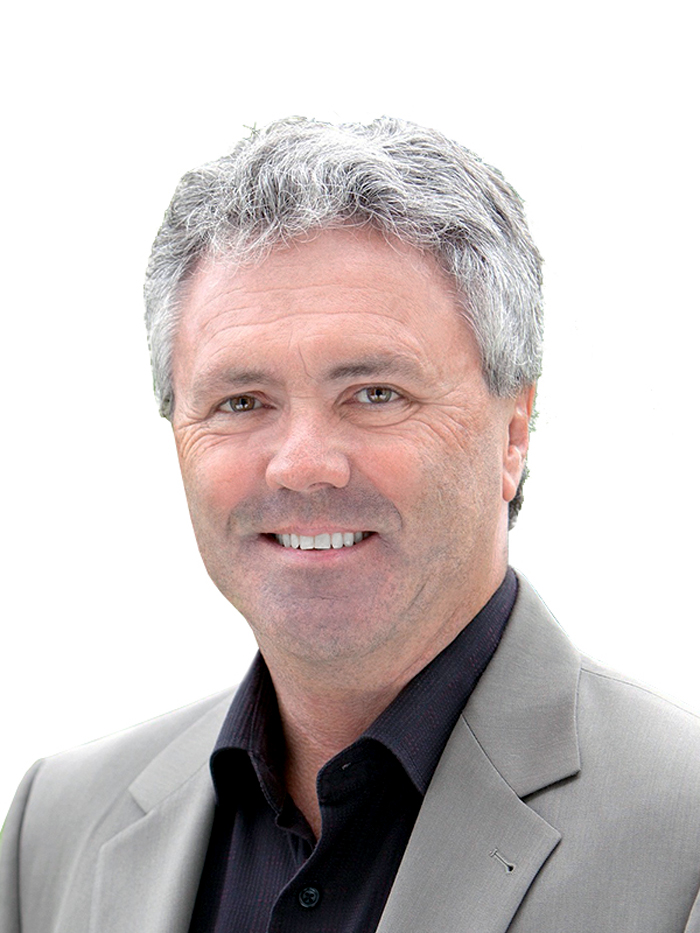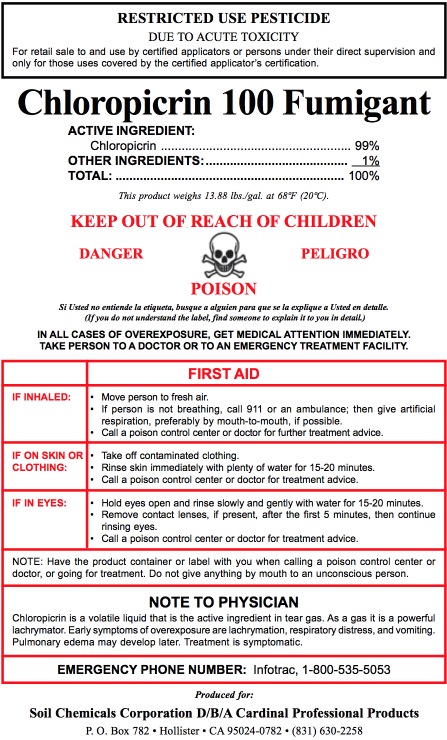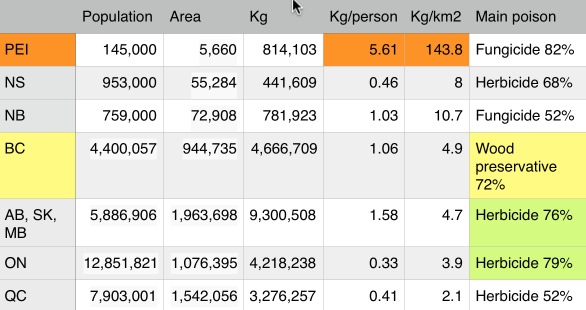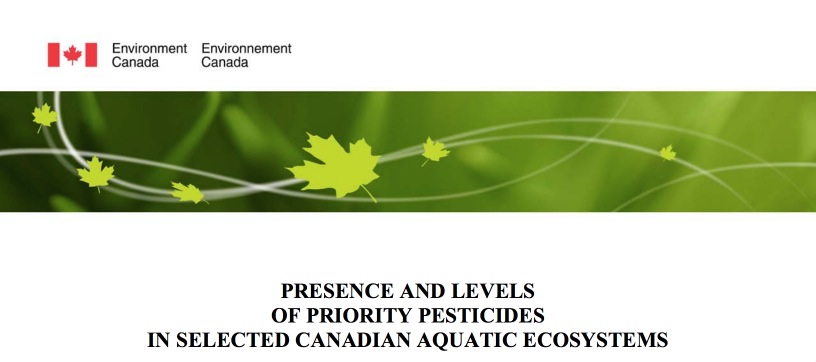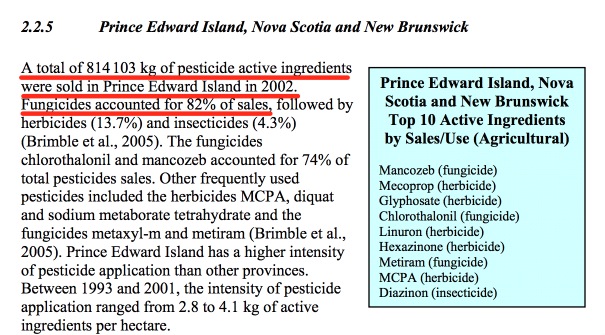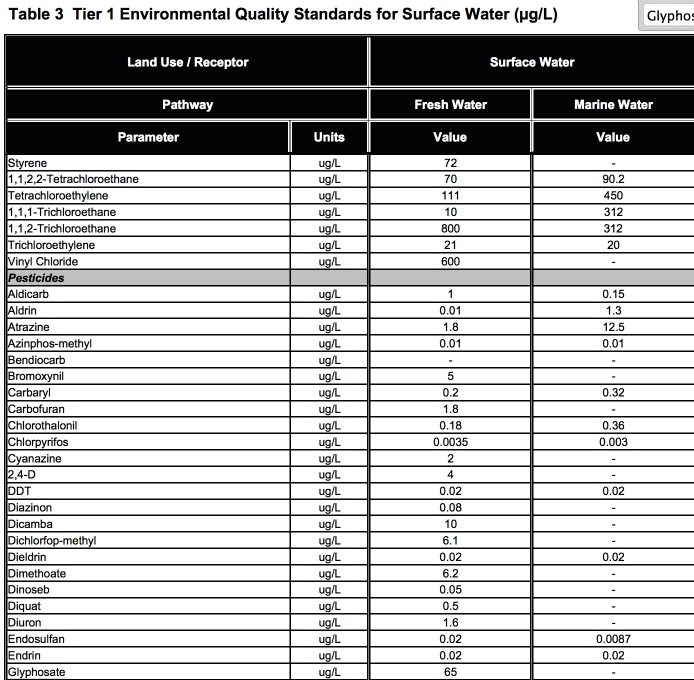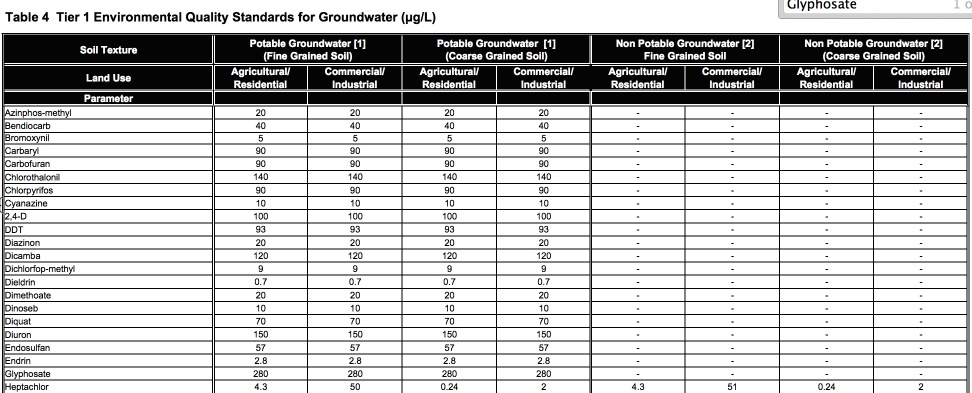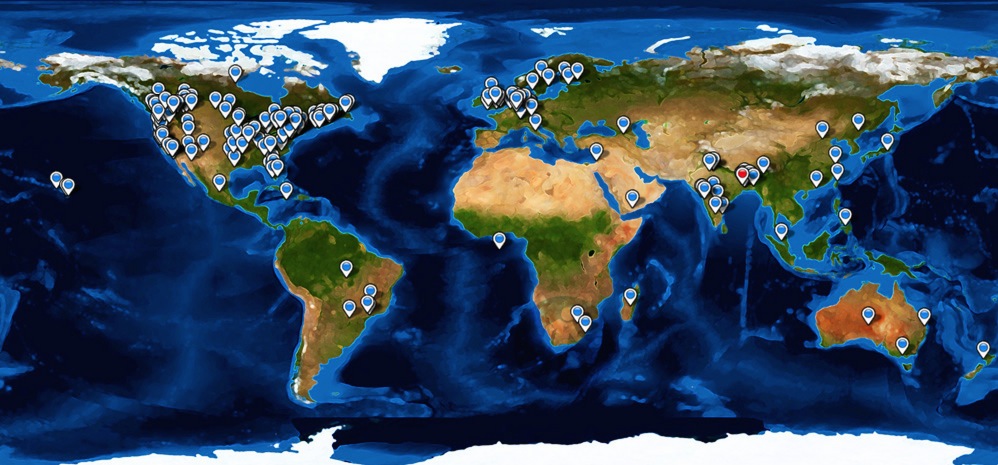
Below scheme has now been cancelled. The original deal fell through as the lab involved stopped supporting the price point deal. However, a lot of labs in the US and Canada will test human urine and body fluids for glyphosate, using different methods and for different prices – ranging from around USD 100 upwards.
What is described here were batch processing deals of 40 samples at a time for average cost of under USD 30 per sample. That deal, unfortunately, has been cancelled.
You can find more information on who tests urine for glyphosate by googling it. If you need more information, you can send me an email at tony.mitra@gmail.com.
Worried about
- Monsanto’s Roundup Herbicide getting in your drinking water?
- If it has gotten in your body?
- someone that is sick from Celiac, Crhon’s, Autism?
- if breast milk of young mothers already have it?
- if milk from dairy cows fed with GM cattle feed has Glyphosate?
- If the bread you eat from the supermarket has Roundup in it?
Here is a chance to join up on a nationwide testing scheme.
People who have so far shown interest in representing their town, region, province etc towards a Canada wide Glyphosate testing scheme and might like to be a part of an exploratory conference call are :
Myself (Delta, BC)
Sheryl McCumsey (Edmonton, AB)
Brandie Nadiger-Harrop (Edmonton, AB)
Barbara Louise (Edmonton, AB)
Aleksandra Cupial-Crook (Lethbridge, AB)
Melissa Bodeleau (Cold Lake, AB)
Rob Bright (Toronto, ON)
Tina Jensen (London, ON)
Craig Weiss (Monstreal, QC)
Mike Eddy (Halifax, Nova Scotia)
Rose Stevens (Winnipeg, MB)
Melissa Richardson (Holdfast, SK)
Zoe Swartz (US east coast)
Zen Honeycutt (CA, USA)
Mark Reed (East coast, USA)
- The first conference call on this project is scheduled for 8 PM Atlantic, 4 PM Pacific time Tuesday, on June 3rd. Anyone not in the above list but wishing to get on board, should contact Rose Stevens or Brandie Harrop.
We are still missing, New Brunswick, PEI & Newfoundland and the territories up north. Looking for participants/ organizers from those provinces and areas.
Dear friends
Many Canadians have reached a conclusion that they do not want GMO and its associate pesticide in their environment, in their food and in their person.
They are no more interested to listen to politicians tap dance around the issue. They no more wish to get mired into an endless debate on the science of it. They do not trust the Government, and do not believe that the established science faculties will tell the truth. They have already concluded, perhaps justifiably, that the Government and the mainstream science establishments have come under an unholy control of corporations and aim to undermine Canada’s independence. Canada’s heritage, biological diversity, and national intellectual property over its flora and fauna, as well as food sovereignty, are all under attack of a patent holding regime of foreign corporations that are busy corrupting the political and academic foundations of our nation.
The question at hand is – how much of Glyphosate, the 900 pound gorilla of the food web, has gotten into our environment, and who is keeping a watch on it?
The answer is – nobody knows. The Government has set some limit on how much of it is acceptable in water without conducting any independent long term testing of what Glyphosate can do to living creatures. What is even worse, they seem to have no limits set on its concentration in human beings or other animals. There seem to be no lab in Canada among the CALA list of certified labs, that can test Glyphosate in human breast milk, or cow milk, or bread, or grain or much anything except for water and soil, and perhaps urine.
We have come to suspect that, contrary to Monsanto’s claims, Glyphosate seems to accumulate in humans and other animals, from the recent tests by Americans, where Glyphosate was noted in breast milk of nursing mothers. This suggests that unborn fetus as well as newborns are getting Glyphosate from their mother through umbilical chord and later through mother’s milk. Fetuses and newborns are particularly susceptible since they have not had time to develop a healthy growth of gut bacteria and an immunity that can resist attacks from antibiotics such as Glyphosate. We know diseases are rising to epidemic levels including in new borns and infants. Has Canada conducted independent study on how it affects pregnant animals or how it is right now affecting pregnant women? No it has not and is not.
So, bypassing the Government and its apparatus, we Canadians are getting ready to test our environment, our persons and our loved ones, tested for presence of Glyphosate. To that end, we have basically a few quotes and rates so far available. This list will get better as time passes. Meanwhile, here are the options available right now.
1) Anthony Samsel/ Stephanie Seneff – Cambridge, Massachusetts, $100
Dr. Anthony Samsel and Stephanie Seneff are offering tests on breast milk, water, urine, blood or milk products etc, for US$ 100 each. They will mail the sample kit, with the questionnaire to any address in Canada if they can receive a cheque for US$ 100. They are trying to set up a better system where by one can make a payment with credit card or paypal etc. They will get it tested by a certified lab and reports emailed back.
 Two young nursing mothers in PEI have already decided to be the first through the door, getting their breast milk tested in the US. The results will be emailed to them. We hope to get a copy. These two women are careful with their food, and only eat organic. Nonetheless their results would be a good datum.
Two young nursing mothers in PEI have already decided to be the first through the door, getting their breast milk tested in the US. The results will be emailed to them. We hope to get a copy. These two women are careful with their food, and only eat organic. Nonetheless their results would be a good datum.
I encourage others to also join up. This seems to be, for now, the best bet for breast milk, cow milk, and such. We are ready to collect more samples. I am ready to send my own urine, or my tap water, and I shall pay for at least one more person that is perhaps suffering from Glyphosate poisoning, and cannot pay for the test.
2) Bulk analysis, under US$ 25 ea, batch of 96
For things other than milk, such as water, and urine, blood etc, there are other labs, who can do it in batches of 96. The total package including testing would cost about US$ 15.26 plus postage for shipping the samples to the lab. They would need 6 weeks for the results. The labs that do the testing with be certified for general work, may not be accredited for Glyphosate testing. The results are supposed to be good for indication even if they may or may not hold up in court. This way one can get a lot more bang for the buck and perhaps get more tests under the belt, and later decide if specific samples or areas or people need to be subjected to more rigorous and therefore more costly, testing.
I am considering sending sample of the same source to both alternatives – such as my urine to both 1) and 2) just to see if the results are identical or if there is a difference.
Those that need even higher accuracy and willing to pay even higher cost, but only available for water or soil, can pay between US$ 200 and 300 and do it in some Canadian labs. For now, we are not focusing on these labs, for the citizen’s testing.
Perhaps having a conference call, with one or two from each province, on Skype, would be a good idea, to air out the issues and see what we should do.
I think we should pursue a two pronged approach. Testing breast milk, as well as milk from cows that are fed GM feed, would raise the issue of how much of our food is contaminated and to what extent. It would also prove, in the case of both the cow and the nursing mothers, that Glyphosate does bio-accumulate, and can trigger a series of illnesses in new borns and grown ups, for which there has been no independent study.
Same time, testing our tap water, ground water, bread, cake, Canola, sugar etc at US$16 a test should cover a lot of ground for us. We shall need volunteers that can put all this into a database and put up results on line for us and for Canada to check where we stand. We can hope to shame the Govt, or if it proves to be shameless, then force the Govt, to act.
 In another important development, MP Mr. Alex Atamanenko spoke with me yesterday and wishes to take these issues up directly with the Minister of Health from his end as well.
In another important development, MP Mr. Alex Atamanenko spoke with me yesterday and wishes to take these issues up directly with the Minister of Health from his end as well.
I am up for suggestions. What does everybody think ? Anybody interested, can give us a shout, in Facebook, or by email.
People interested to join up in the Glyphosate testing drive may write directly to: glyphosate.testing@gmail.com
Cheers
Tony Mitra
tony.mitra@gmail.com


 My wife and later myself filmed most of the speakers, including myself, before the march.
My wife and later myself filmed most of the speakers, including myself, before the march.